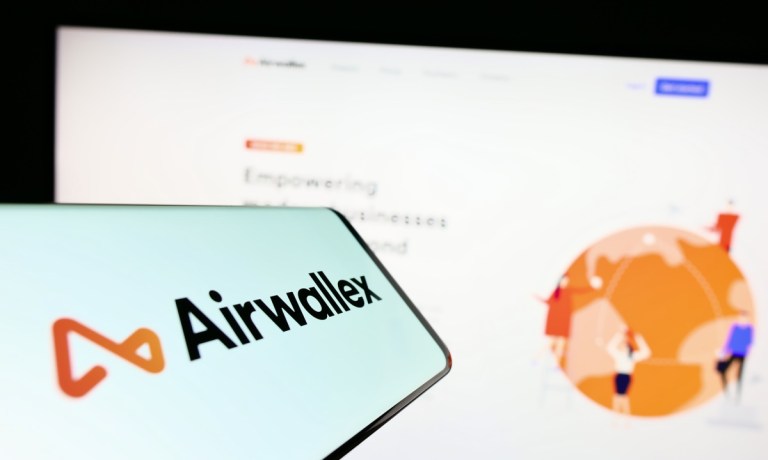Airwallex and QuickBooks to Improve Multicurrency Reporting

Payments platform Airwallex integrated with financial software provider QuickBooks.
The QuickBooks Bank Feed integration lets Airwallex’s customers connect with Quickbooks’ accounting software and sync their Airwallex transactions across supported currencies into their QuickBooks Online account, thus speeding up the reconciliation process, according to a Wednesday (June 26) press release.
“As businesses scale globally, everything gets more complex, including accounting,” Ravi Adusumilli, executive general manager of the Americas at Airwallex, said in the release. The integration “with QuickBooks means our customers can skip time-consuming, error-prone manual data entry for a faster, more holistic and more accurate view of their books across markets and currencies.”
Imran Haider, director of product management for Intuit Data Exchange, added in the release that small business owners need accounting and payments tools to run efficient accounting operations.
“By integrating Airwallex and leveraging QuickBooks’ Multicurrency feature, we’re powering global money management and reconciliation for our shared customers,” he said in the release
In reporting earnings last month, QuickBooks parent Intuit said its small business clients showed strong economic health.
“We’re seeing an improvement in profitability in small businesses on our platform, and that’s a good sign,” said CEO Sasan Goodarzi at the time. “… Small businesses are healthier.”
Intuit’s own Small Business and Self-Employed Group revenue grew to $2.4 billion, up 18%, and Online Ecosystem revenue increased to $1.8 billion, up 19%.
Executives also said artificial intelligence proved to be a vital tool in the company’s approach to its small business customers.
More broadly, AI is helping firms automate their accounting processes and improve efficiency for finance teams, while also helping democratize access to working capital solutions for small businesses that have been forgotten by traditional lending products.
The PYMNTS Intelligence report “Understanding the Future of Generative Al” showed that enterprise AI systems could affect 40% of all working hours, and the generative AI industry is expected to reach $1.3 trillion by 2032.
For all PYMNTS B2B coverage, subscribe to the daily B2B Newsletter.